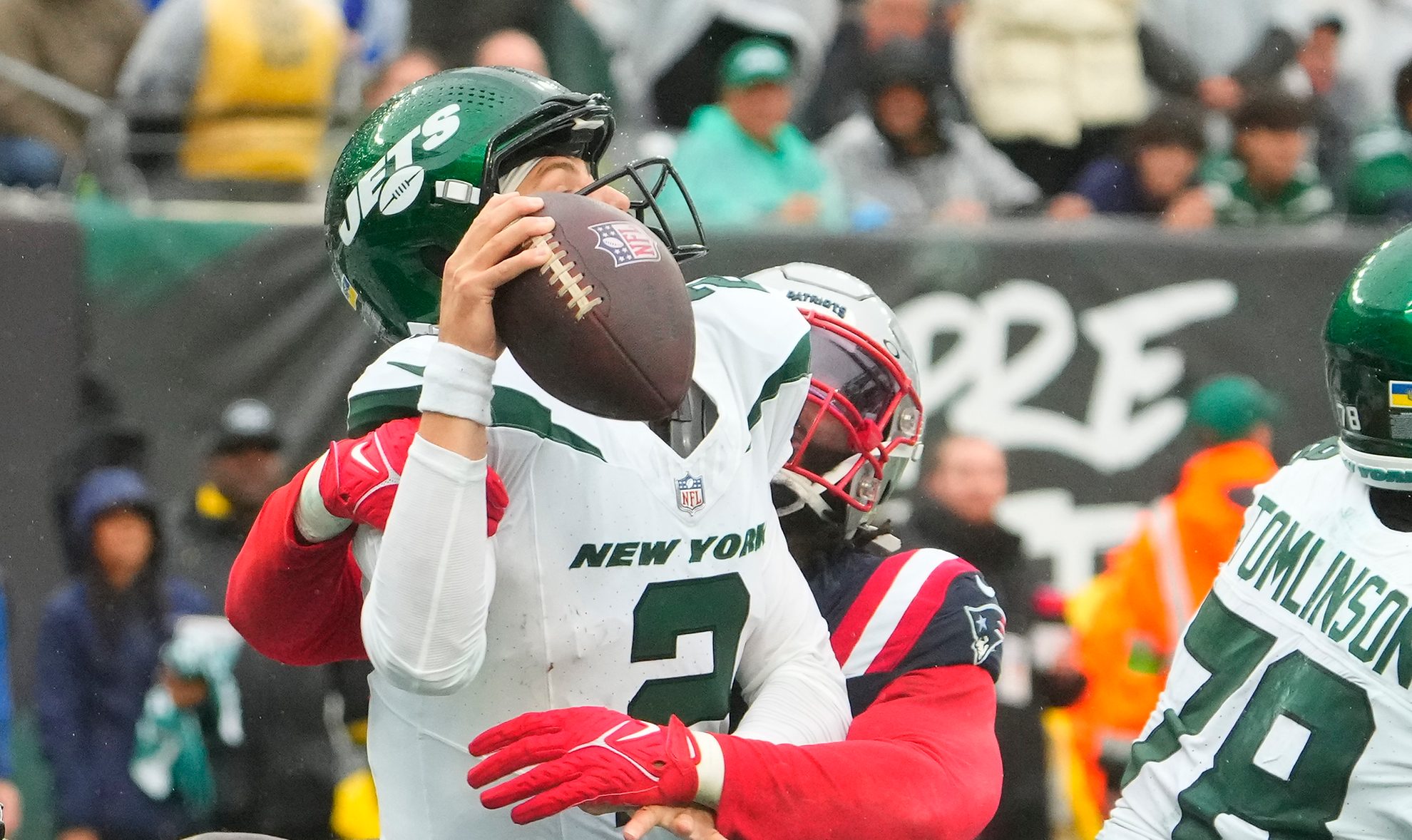Nothing seems to go better together than baseball, beer and peanuts.
However, that rule doesn’t seem to apply to the world of collegiate baseball or softball and their signature events — the College World Series and the Women’s College World Series.
The NCAA has a long-standing tradition of not selling alcohol at its sanctioned events including the men’s and women’s basketball tournaments and other events. On Wednesday, the NCAA has reversed course and is set to test a pilot program allowing the sale of beer and wine at both the CWS and WCWS.
Sure, if you were lucky enough to be part of the crew buying up premium seating or boxes to NCAA events you were welcome to purchase alcohol for awhile now. However, this sea-change is all about the schlubs in the regular seating.
Joe Schmo can now take in the College World Series while also sudsing up inside the stadium instead of outside it (or most likely both).
Why these events and not say the Final Four or other high-profile tournaments? Longevity appears to be an answer for the NCAA:
Both TD Ameritrade Park in Omaha, Nebraska, home of the College World Series, and the ASA Hall of Fame Stadium in Oklahoma City, which hosts the Women’s College World Series, were selected because each venue has hosted NCAA championships for some time, and the staffs at those events are familiar with Association policies.
The NCAA release also indicates that the sale of alcohol will be limited strictly to beer and wine, not hard alcohol. Sites will also not be allowed to sell via roving vendors, but fans can buy from concession stands.
Given the long-standing ban on alcohol-related advertising and sponsorship of events, this is a pretty big change of course. So, what changed the NCAA’s mind?
Perhaps the cynic says its another chance to grab more dollars (and there’s truth to that), but the NCAA is also citing a study showing individual teams with sales at events have actually seen alcohol-related incidents at their events go down following sales being allowed in-stadium.
Part of the impetus for the decision came from school reports that indicated once they started selling alcohol at events, alcohol-related incidents declined sharply. Theories suggest that making alcohol available in the stadium prevents incidents of binge drinking before events and discourages people from attempting to bring outside alcohol into the venue.
Theory or monetary gain, whatever the impetus for this change was, it is certainly more of a relatable event for the regular fan with this change. It will also be interesting to see if this one-year program becomes a permanent part of the NCAA division one championships on a broader scale.







